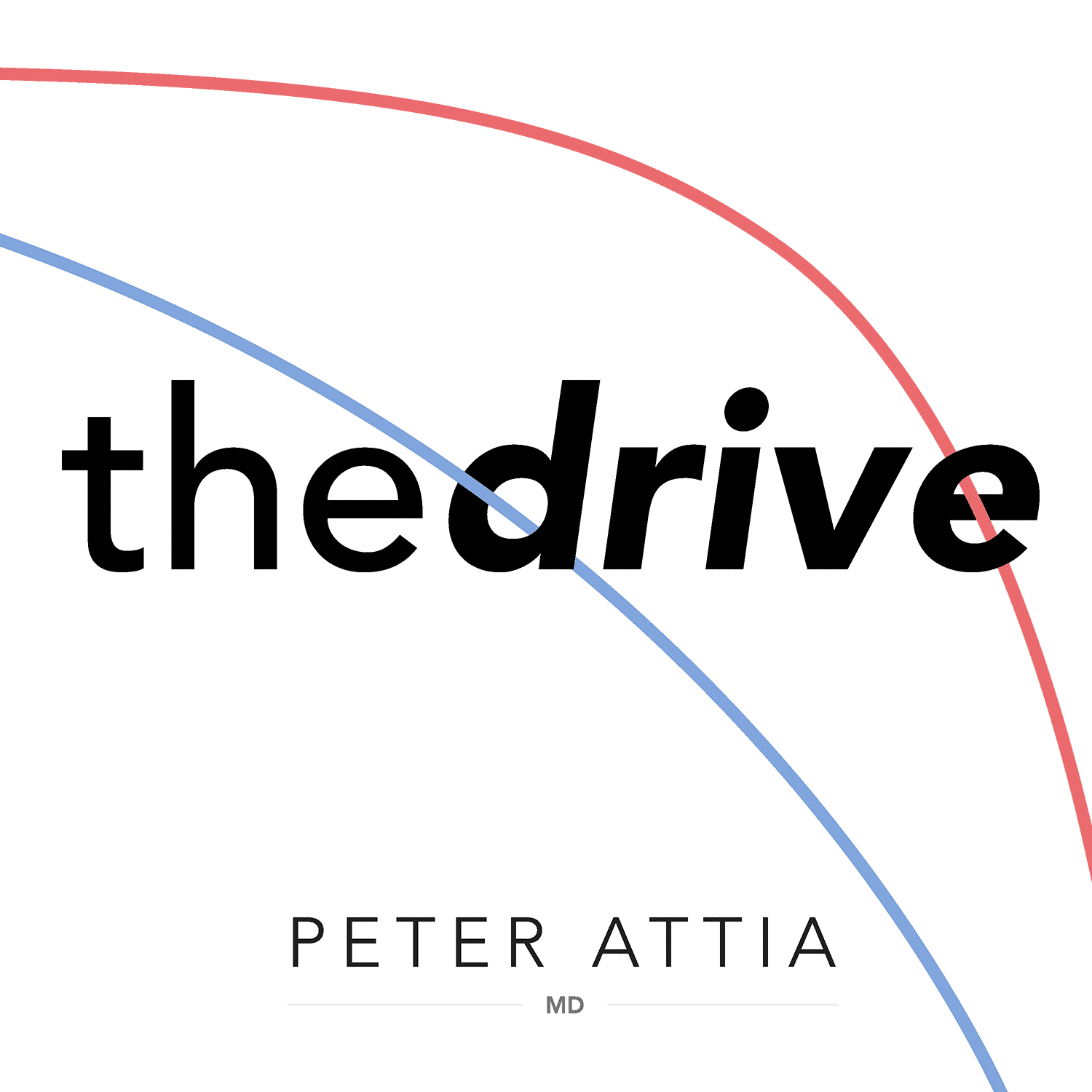#240 ‒ The confusion around HDL and its link to cardiovascular disease | Dan Rader, M.D.
Podcast: The Peter Attia DrivePublished On: Mon Jan 30 2023
Description: View the Show Notes Page for This Episode Become a Member to Receive Exclusive Content Sign Up to Receive Peter’s Weekly Newsletter Dan Rader is a Professor at the Perelman School of Medicine at the University of Pennsylvania, where he conducts translational research on lipoprotein metabolism and atherosclerosis with a particular focus on the function of high-density lipoproteins (HDLs). In this episode, Dan goes in-depth on HDL biology, including the genesis of HDL, its metabolism, function, and how this relates to atherosclerotic cardiovascular disease (ASCVD). He explains why having high HDL-C levels does not directly translate to a low risk of cardiovascular disease and reveals research pointing to a better way to measure the functionality of HDL and predict disease risk. He also goes into detail on the role of HDL in reverse cholesterol transport and the benefits this has for reducing ASCVD. Additionally, Dan discusses the latest thinking around the association between HDL cholesterol and neurodegenerative diseases and ends the conversation with a discussion of how the latest research on HDL provides a promising outlook for ongoing trials and future therapeutic interventions. We discuss: The lipidology of apoB and apoA [4:00]; A primer on the high-density lipoprotein (HDL): genesis, structure, and more [9:30]; How the lipoprotein system differs in humans compared to other mammals [20:00]; Clarifying the terminology around HDL and apoA [25:30]; HDL metabolism [31:45]; CETP inhibitors for raising HDL-C: does it reduce CVD risk? [34:45]; Why it’s so important to have hard outcome trials in the field of cardiovascular medicine [42:30]; SR-B1: an HDL receptor important for cholesterol efflux [48:00]; The association between HDL levels and atherosclerosis: are they causally linked? [53:15]; How insulin resistance is impacting HDL, and how HDL-C provides insights into triglyceride metabolism [58:00]; Disappointing results from the studies of niacin—a drug that raises HDL-C and lowers apoB [1:08:15]; HDL lipidation, dilapidation, and reverse cholesterol transport [1:12:00]; Measuring the cholesterol efflux capacity of HDL: a better predictor of ASCVD risk than HDL-C? [1:22:00]; A promising new intervention that may promote cholesterol efflux and reverse cholesterol transport [1:32:45]; The association between HDL cholesterol and neurodegenerative diseases [1:34:00]; Challenges ahead, a promising outlook, and the next frontier in lipidology [1:44:45]; and More. Connect With Peter on Twitter, Instagram, Facebook and YouTube
The note was deleted
The note was saved
Your message was sent
